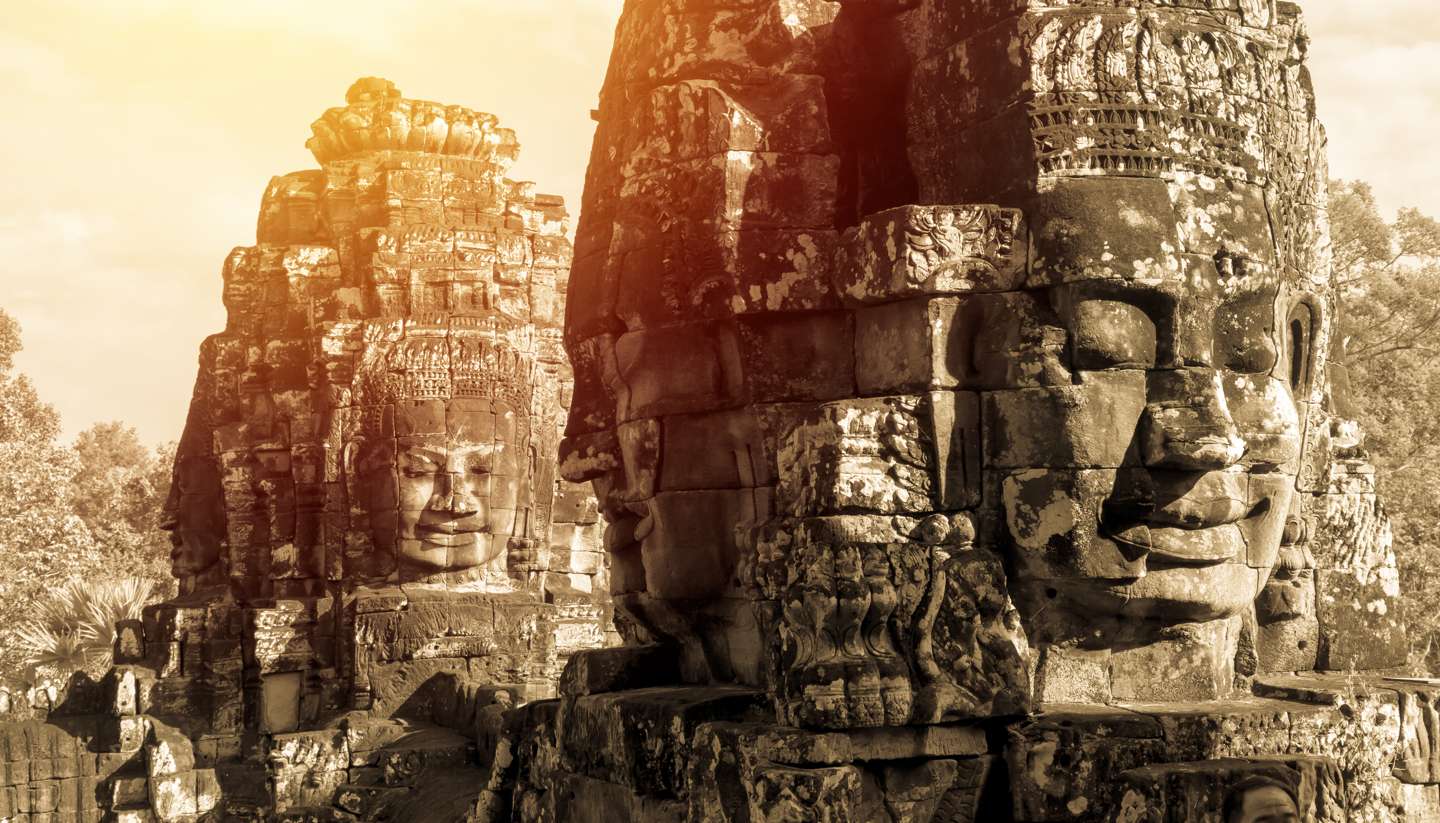Pakistan: Doing business and staying in touch
Doing Business in Pakistan
Business etiquette in Pakistan is influenced by a blend of Islamic traditions, regional cultural practices, and modern professional norms. Relationships and trust-building are highly valued in the business environment, and personal connections often play a key role in successful negotiations.
Greetings typically involve a handshake among men. Interactions between men and women are more reserved, with a handshake only if the woman initiates. Meetings often begin with informal conversation, and decision-making may take time as it usually involves senior stakeholders.
Formal attire, such as suits for men and modest dress for women, is expected, though traditional shalwar kameez is also acceptable. Hospitality is highly valued, so graciously accept invitations for meals, keeping discussions light during dining. Gift-giving is not mandatory but appreciated as a gesture of goodwill, provided the gifts are culturally appropriate.
Office Hours
Mon-Fri 09:00 to 18:00, with a break for lunch around 13:00 to 14:00.
During Ramadan, working hours are reduced to accommodate fasting.
Economy
Pakistan's economy is diverse, with agriculture, industry, and services forming its core sectors.
Agriculture is the backbone of Pakistan's economy, contributing approximately 20% to GDP and employing over 35% of the labour force. Key crops include wheat, rice, cotton, and sugarcane. Pakistan is also a leading producer of textiles, which play a critical role in its exports.
The services sector, including telecommunications, banking, retail, and IT, is the largest contributor to GDP, reflecting the growing importance of modern industries in the economy.
The industrial sector accounts for about 20% of GDP, with textiles and apparel dominating exports. Other significant industries include cement, fertilisers, steel, pharmaceuticals, and food processing. Small and medium enterprises (SMEs) are vital to the manufacturing sector, driving innovation and employment.
Pakistan's economy holds significant potential. The China-Pakistan Economic Corridor (CPEC), part of China's Belt and Road Initiative, is a key infrastructure and trade development project offering long-term benefits for connectivity and growth. Additionally, Pakistan's young and growing population presents opportunities in technology, education, and consumer goods sectors.
However, like many developing countries, Pakistan faces challenges such as energy shortages, inflation, and external debt. Efforts to diversify exports, increase remittances, and attract foreign investment are ongoing but often hindered by political and economic instability.
GDP
$338.4 billion (2023).
Main exports
Textiles, rice, and surgical instruments.
Main imports
Machinery, oil, and chemicals.
Main trading partners
The USA, China, the UK, the United Arab Emirates, and Germany.
Keeping in Touch in Pakistan
Mobile Phone
Pakistan has a well-established mobile network, with major providers including Jazz, Telenor, Zong, and Ufone, offering extensive coverage across the country.
Mobile signal is generally reliable in urban and semi-urban areas but can be patchy or unavailable in remote regions and high-altitude locations like the Karakoram Range.
Most international roaming services work in Pakistan, but costs can be high. Tourists often find it more economical to buy a local SIM card, which is easily available at airports, authorised outlets, and shops. You'll need your passport and a visa copy to register a SIM card, as per local regulations.
Internet
Wi-Fi is widely available in major cities, especially in hotels, cafes, and restaurants. Many higher-end establishments offer free Wi-Fi, though it may be slower than in some other countries. Rural areas and smaller towns may have limited or no Wi-Fi access.
Media
Pakistan has a diverse media landscape, encompassing print, broadcast, and digital platforms. The media plays a significant role in shaping public opinion, providing entertainment, and raising awareness of social and political issues. However, media freedom is often curtailed in Pakistan. Sensitive topics such as military affairs, national security, and criticism of government policies may lead to censorship or self-censorship.
Newspapers and magazines remain popular, particularly in urban areas. They are published in multiple languages, including Urdu, English, and regional languages like Sindhi and Pashto.
Online platforms have grown significantly, with websites, blogs, and social media playing an important role in disseminating information. Platforms like YouTube, Facebook, Twitter, and Instagram are widely used.



